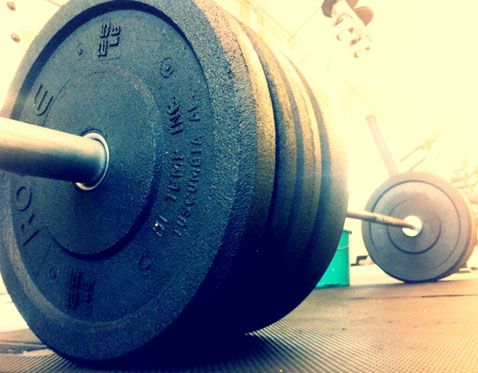Overview:
- L-Glutamine promotes muscle recovery, in effect reducing muscle soreness and the effects of DOMS (delayed onset muscle soreness).
- Boosts your immune system.
- Reduces lactic acid build-up.
- Helps you recover faster so that you can get your butt back in the gym.
What is L-Glutamine?
L-glutamine is an anti-catabolic amino acid that is found in the muscular system. It is the most abundant of 20 amino acids found in the body, and it is depended on in the course of exercise and strength training.
In case you skipped Biology 10, amino acids are the Lego blocks of protein. These fun little chunks of awesomeness are made inside the muscle and then spread around to the organs who require some gluta-love.
Why Is It So Popular?
Supplementing with glutamine has been shown in numerous clinical studies to boost recovery with increased muscle growth, keeping the accumulation of lactic acid at bay, and keeping the immune system running well.
In times of heavy training and strict dieting – and even when you are under normal than usual stress loads — it can be easy to slip into a catabolic state. This is where your body, reacting to all the punishment you are wielding on it, begins pumping out heaps of lactic acid and ammonium, which releases catabolic hormones.
At this point your body will begin to digest its own muscles in order to get at the body’s natural sources of glutamine. Glutamine counteracts this nasty set of events – including muscle atrophy and muscle loss — by briskly moving nitrogen around the body as necessary to keep things functioning optimally.
It also encourages the release of growth hormone (that’s a good thing), stimulates protein synthesis (another good thing), and helps carbon and nitrogen get zipped around the body in the form of fuel (three for three!).
Where Can I Find Glutamine?
It occurs naturally in some your typical protein heavy meals; beans, fishies, poultry, dairy products and protein powders.
What is the Best Way to Supplement With L-Glutamine?
Supplementing after your workouts with between 5-10 grams – as well as strategically throughout the day – can help reduce catabolism (notice how it rhymes closely with ‘cannibalism’?). Taking it before you pass out at night is also a smart move, as it when you are sleeping is when your body is working over-time at repairing all the nastiness you unleashed at the gym. Of course, check with your doctor, and the label before you start supplementing with this stuff if unsure.
Other Cool Stuff L-Glutamine Does
Glutamine has been shown to help those suffering from diseases that effect the gastrointestinal system, such as sufferers of colitis. For those of you how take fistfuls of anti-inflammatories for aches and pains should also feel comfortable knowing that glutamine can help reverse some of the punishing intestinal damage things like ibuprofens and other NSAIDs unleash.
Besides that, it’s been shown to a mood elevator, and even helps your brain function better. And nobody wants to be a dummy!
